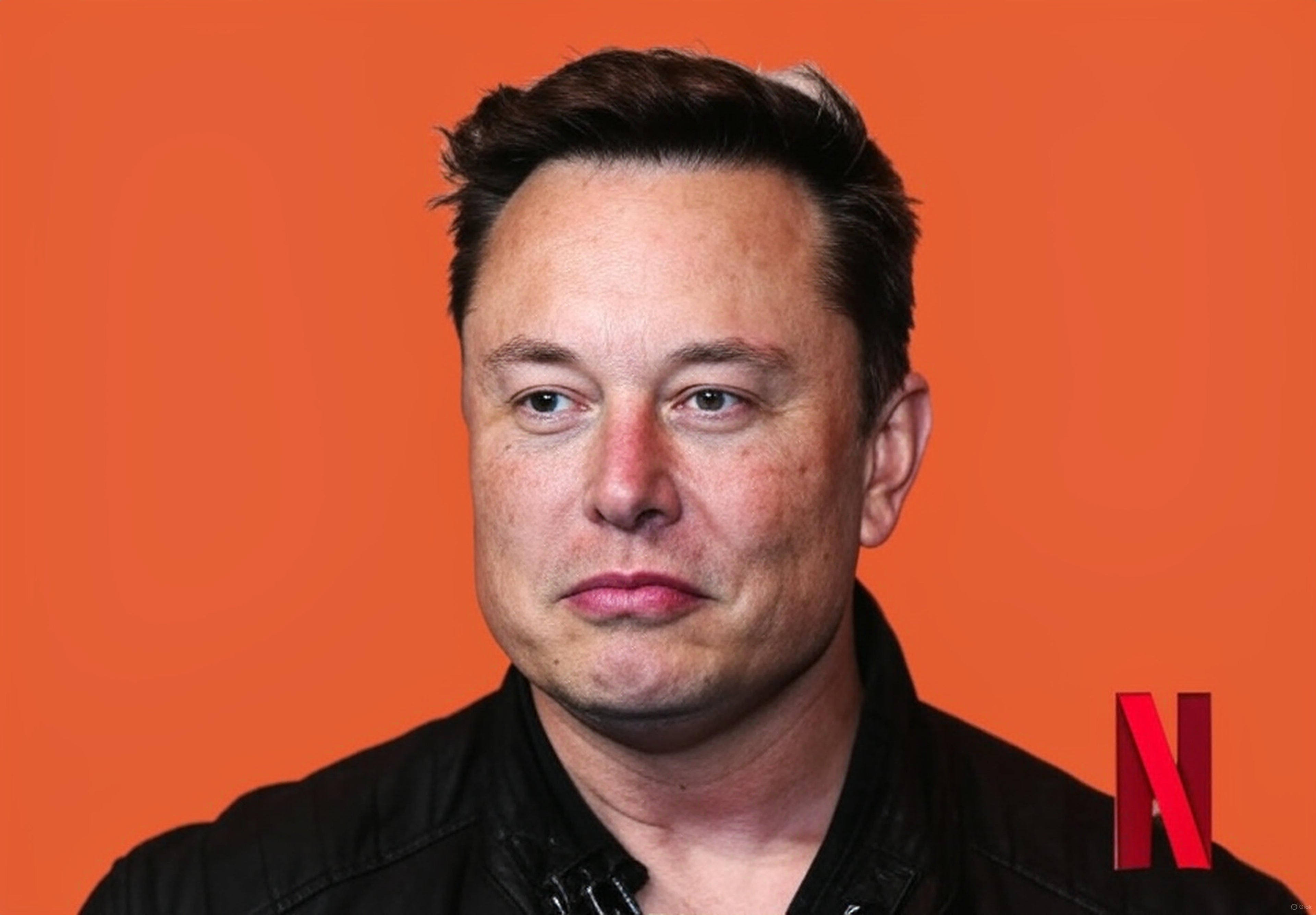Elon Musk’s Netflix Cancellation Sparks [5 Viral Reactions] on X
Introduction
On September 30, 2025, a post from @MAGAVoice on X highlighted a significant cultural moment: Elon Musk announced he had canceled his Netflix subscription, prompting a viral trend encouraging others to do the same. With Musk’s 226 million followers, the news quickly gained traction, leading to widespread debate, cancellation posts, and public discussion about Netflix’s content and corporate choices.
BREAKING 🚨 After Elon Musk told his 226 million followers he’s CANCELLING Netflix, the trend has gone VIRAL of people posting their cancelation
— MAGA Voice (@MAGAVoice) September 30, 2025
IT’S TIME TO CANCEL AND BOYCOTT NETFLIX pic.twitter.com/qfYcjSO0GI
Breakdown of the Post
The @MAGAVoice post featured:
- Image 1: Elon Musk on stage, waving with a microphone, wearing a SpaceX jacket, against an American flag backdrop.
- Image 2: Netflix logo in red and black.
- Text Statement: “BREAKING 🚨 After Elon Musk told his 226 million followers he’s CANCELLING Netflix, the trend has gone VIRAL of people posting their cancelation. IT’S TIME TO CANCEL AND BOYCOTT NETFLIX.”
The post directly encouraged Musk’s followers to participate in the cancellation movement, creating a viral ripple effect across X.
Context and Analysis
Elon Musk’s Influence
Elon Musk’s massive social media presence amplifies his influence. His public cancellation of Netflix resonates with a significant portion of X users, particularly those critical of Netflix’s recent content direction.
Hamish Steele Controversy
Netflix creator Hamish Steele, known for Dead End: Paranormal Park, allegedly made controversial statements about Charlie Kirk, a far-right podcaster recently killed. Musk and supporters labeled Steele’s actions inappropriate, fueling outrage and adding a political dimension to the Netflix boycott.
Viral Cancellation Trend
Users began posting screenshots of their canceled subscriptions, highlighting a coordinated consumer boycott. Accounts such as @AshFarms and @matt_vanswol amplified the trend, framing it as a stand against “woke propaganda” and “transgender ideology on kids.”
Public Sentiment on X
The reaction was predominantly supportive, especially among conservative users. Comments included statements like “I LOVE THIS” and “He is right,” praising Musk’s leadership in consumer activism. However, LGBTQ+ advocacy groups have expressed opposition, emphasizing the polarized nature of the debate.
Implications for Netflix
- Subscriber Impact: Netflix had 84.8 million U.S. and Canada subscribers in Q3 2024. While the immediate effect of Musk’s cancellation is unclear, the trend may influence public perception and subscription behavior.
- Cultural Influence: This movement reflects a growing phenomenon of social media-driven consumer activism, where high-profile figures can quickly mobilize followers.
- Political Undertones: Tied to Charlie Kirk’s death, the boycott intersects with U.S. political polarization, highlighting how media content can become a cultural battleground.
FAQs
Q1: Did Elon Musk really cancel Netflix?
Yes, according to the X post by @MAGAVoice, Musk publicly announced his Netflix cancellation, prompting the viral trend.
Q2: Why are users boycotting Netflix?
The boycott stems from controversial Netflix content, political criticisms, and the actions of creators like Hamish Steele. Many users cite “woke propaganda” as a reason.
Q3: How many people are participating in the cancellation trend?
Exact numbers are unverified, but tens of thousands of users posted cancellation confirmations on X shortly after Musk’s announcement.
Q4: Is Netflix at risk from this trend?
While viral, the long-term impact depends on broader subscriber data and demographic responses. Netflix’s global audience may mitigate localized boycotts.
Q5: What is the broader cultural significance?
This trend demonstrates how social media personalities can mobilize consumer behavior, influence political discourse, and create rapid cultural movements.
Conclusion
Elon Musk’s cancellation of Netflix, amplified by @MAGAVoice, showcases the power of digital influence in shaping consumer and cultural trends. The viral boycott highlights tensions between media content, corporate decisions, and public perception. While support for the boycott is strong among Musk’s followers, the lack of opposing voices in the visible dataset emphasizes the echo chamber effect on social media platforms.
In a broader sense, this movement exemplifies the intersection of entertainment, politics, and social media, urging both companies and audiences to reconsider how cultural narratives are shaped and consumed. Whether Netflix adapts or continues its current content strategy, the Musk-driven trend will likely be cited as a landmark case of consumer activism in the digital age, where influence, ideology, and engagement converge on platforms like X.


0 comments